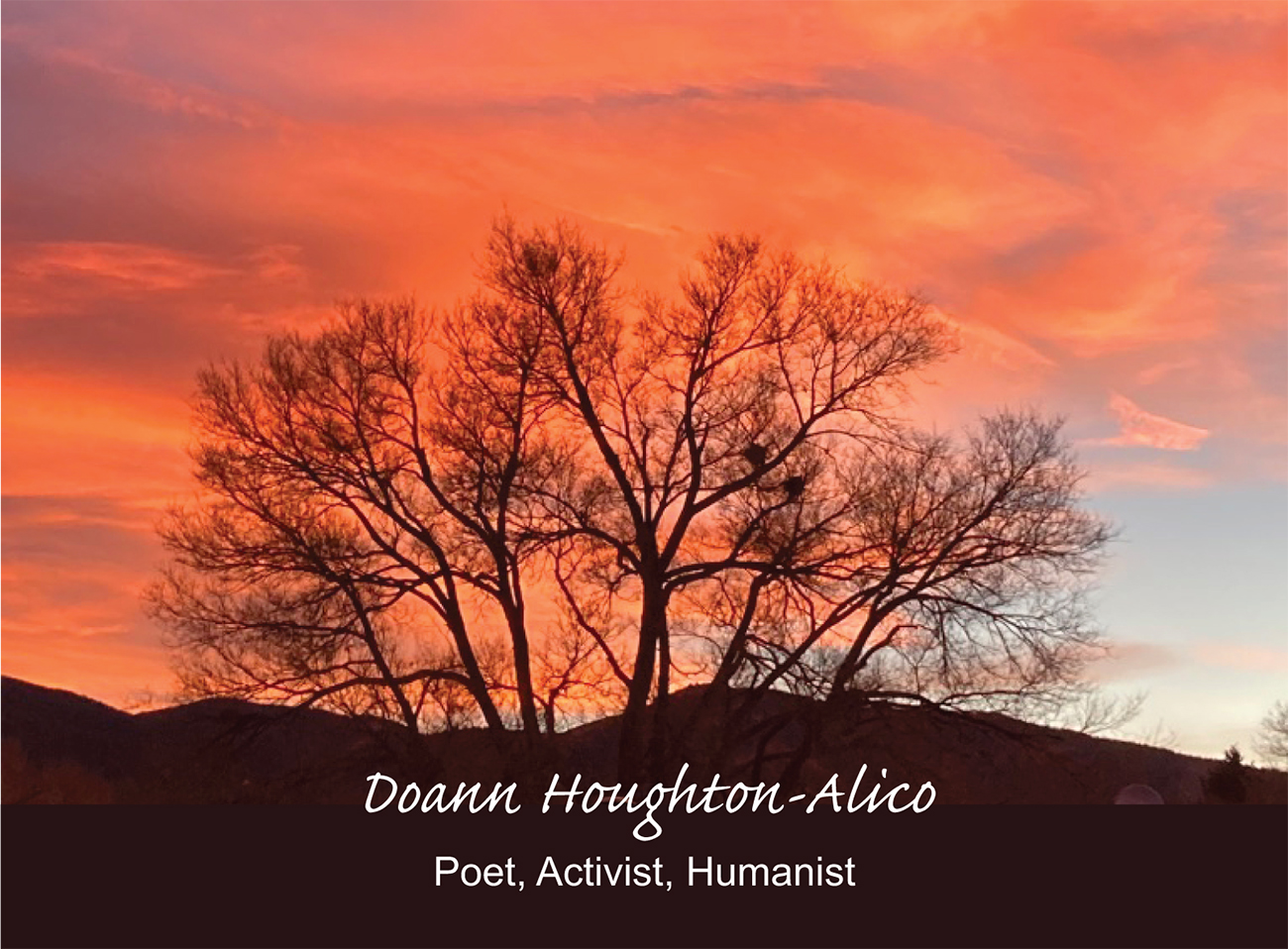
National leaders exhibit overt racism frequently, including, unfortunately, the U.S. president, but what of the quiet kind?
Most ‘liberal’ whites don’t even realize how they contribute to silent racism, which, frankly, is as lethal, no, not as lynching, but destructive nevertheless. Martin Luther King, Jr. (MLK), Ph.D. wrote in his Letter from a Birmingham Jail, “I have almost reached the regrettable conclusion that the Negro’s great stumbling block in his stride toward freedom is not the White Citizen’s Counciler or the Ku Klux Klanner, but the white moderate, who is more devoted to ‘order’ than to justice; who prefers a negative peace which is the absence of tension to a positive peace which is the presence of justice;…who paternalistically believes he can set the timetable for another man’s freedom.’ Shallow understanding from people of good will is more frustrating than absolute misunderstanding from people of ill will.”
Racist thoughts might be silent in your own mind, perhaps, but words ARE important in addressing racism. Silent racism, while certainly not overt prejudice, relates to assumptions made by whites about blacks in specific situations, and the words we use to ourselves and others. Stereotypes, assumptions, symbolic racist behavior, passivity in the face of overt racism, participating in intuitional racism, paternalism…all of these are types of silent racism. Not using the “n” word is not enough.
Symbolic racism is acting on racist principles quietly, e.g., intentionally voting for candidates who do not favor racial equality, avoiding black-owned businesses, keeping your ‘personal space’ racially homogenous.
Passivity is just as destructive. If you are involved in a conversation in which racist statements are made and say nothing, you are a co-conspirator and guilty as charged. There are no bystanders in this world. Overt, silent, and passive racism all contribute to institutional racism, which perpetuates it even more formally.
Participating in institutional racism is, for example, condoning unspoken real estate practices of keeping racially segregated neighborhoods.
Much silent racism in the United States comes from the inaccurate history of the south as paternalistic slave owners. Of course, there were a couple who might have been, but that version of paternalism is, frankly, bullshit. But it did extend to many of the abolitionists, who despised slavery, but adopted a paternalistic attitude, which is demeaning in and of itself.
It’s not just a matter of saying, “Some of my best friends are black.” In fact, if you’re describing a person in a crowd, it’s perfectly logical to use skin color along with hair, clothes, whatever, as an identifier. But, for example, if you say “This black student did really well in this exam,” as if it might be unusual for a black student to do well is racist. Do you see the difference?
A type of silent racism that I engage in is, I suppose, smiling broadly at any black or brown person I see in a mostly white crowd. Most people smile back when you smile at them, but the only time I felt ‘rewarded’ by this was by a Muslim woman with her husband and young son walking along a park path in Mooloolaba, Australia who seemed uncomfortable, and she smiled back and seemed to relax a little. Everyone else probably thinks I’m some demented little old lady. I just want them to know I’m glad they’re there. I love diversity. It is essential for life: evolutionary, culturally, socially, environmentally.
A society’s institutions are the means by which its values are inculcated into the actions of the ‘official’ aspects of society. For example, the judicial system. One of the few measures in which the U.S. is number 1 in the developed world is the number of incarcerated people per capita. And the majority are blacks. So we assume blacks are more violent than whites. However, the majority of incarcerated blacks are for drug crimes, often an attempt to escape a hopeless life…not violent crimes. Yet these become the system’s stereotypical images, and our own…incorrectly. Historically, it is useful to remember that not only slavery itself, but Reconstruction and Jim Crow perpetuated extreme institutional racism, as we will see in later posts.
The assassination of Lincoln was perhaps one of the most devastating blows for what Reconstruction could have been. In fact, what happened under Andrew Jackson was a travesty of the concept. Freed blacks became ‘freed’ sharecroppers, not much different than slaves, as they still owned nothing. Reconstruction is a topic unto itself, which I will write about later, as is Jim Crow. Bear in mind that between 1877 and 1950, at least 4,400 KNOWN African American children, women, and men were lynched in this country. Suffice it to say for now that after the Civil War, extreme racism against blacks was perpetuated.
It is helpful to remember that African Americans are the ONLY immigrants kidnapped and forced to come to this country in chains, sold, and treated as property; unlike most of our ancestors, who chose to come here for a better life. Blacks faced a worse life, and many continue to do so because of systemic racism.
Often silent racism emerges from stereotypical images. Consider yours. The United States suffers (and that is the correct verb) from serious racism. We all need to individually and collectively address our racism, whether overt, silent, symbolic, or passive. One effective way to do this is through an interracial discussion group that addresses the history and institutional existence of racism, as well as one’s own overt or covert racist beliefs. Awareness is always a beginning, but we need to keep going.
There are many resources for overcoming covert and overt racism. Here are a few:
www.overcomeracism.com “We can continue to address the symptoms of educational inequality or we address the cause, systemic racism.” This organization provides training, coaching, community programs, and consulting on erasing racism.
www.wikihow.com/Overcome-Racism This site provides some common sense approaches, e.g., educate yourself, keep an open mind, and others.
http://www.dismantlingracism.org/ This site provides an online workbook for free.
www.charisbooksandmore.com/understanding-and-dismantling-racism-booklist-white-readers This is a wonderful source of books on the subject.
https://bookriot.com/2018/07/27/books-about-race/ An excellent annotated list of books for whites about racism.
https://www.sunshinebehavioralhealth.com/mental-health-issues-facing-the-black-community?utm_source=BMH_Guide&utm_medium=Email02&utm_campaign=BMH_Guide This is a guide about how racism impacts Black mental health and several issues about an infrequently addressed issue: Black mental health. Sunshine Behavioral Health has several for-profit mental health and addiction centers.



Leave a Reply